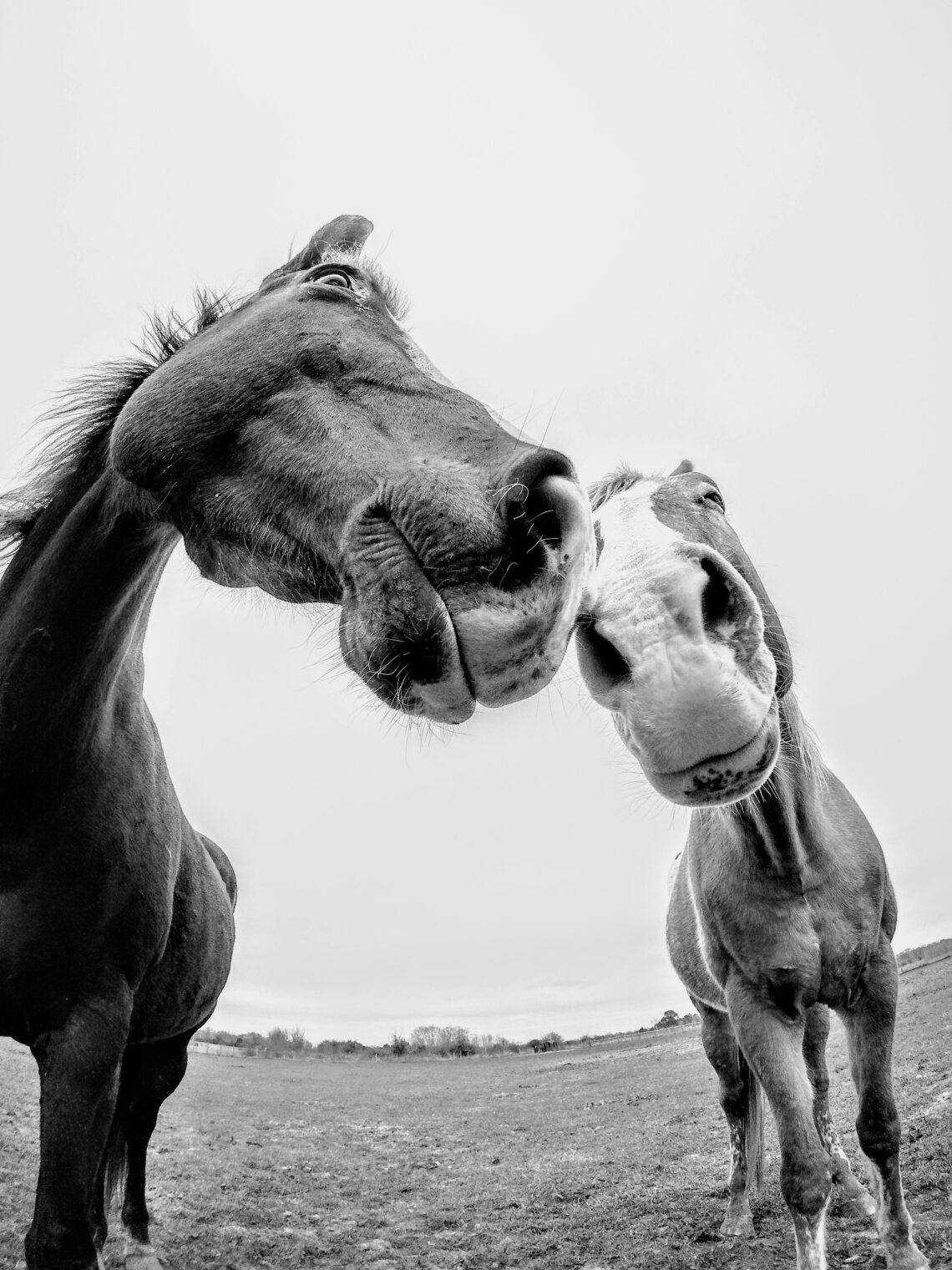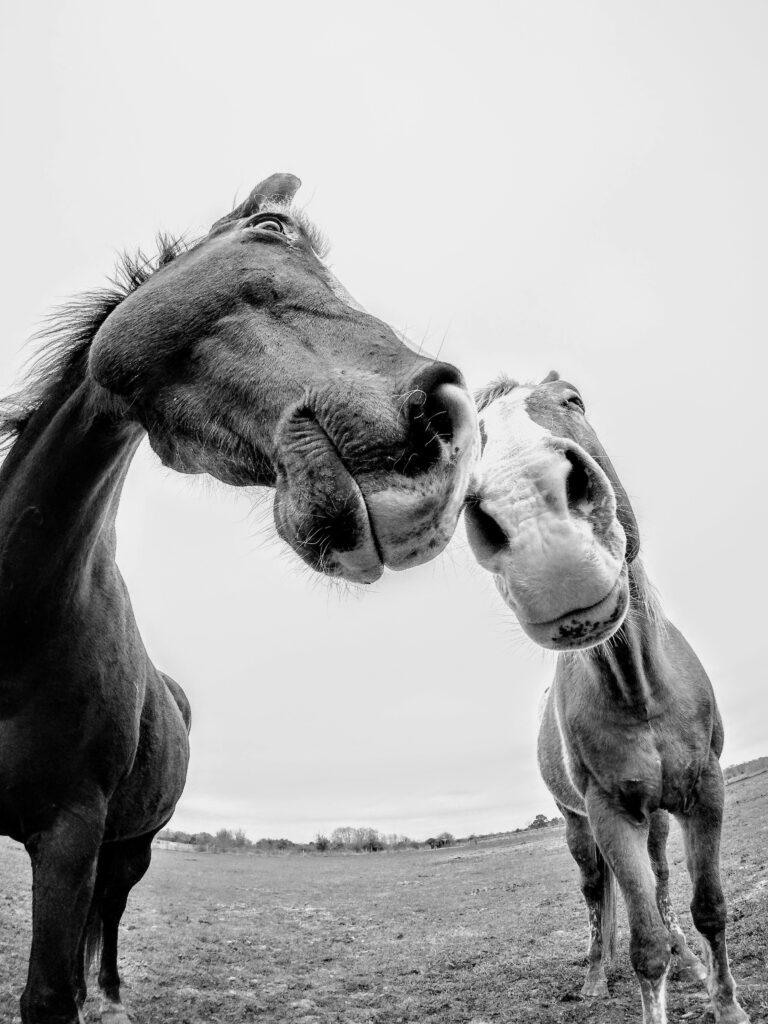
The Cruelty of Fiction Writers

My teen boy protagonist is about to suffer. I am going to see that he does.
As written right now, Jack’s rented horse, Thor, causes some inconvenience. But inconvenience does not make the compulsion to turn another page.
As a reader, I sit up and pay attention when my protagonist, someone I really care for, gets into such deep trouble that I fear for his safety. I have to know how he gets through this. What decisions does he make? What skills does he bring to bear? How is he stretched? Will he defeat the bad guy?
So, back to the keyboard. I search for “horse bad behavior”, “horse vices”, “horse misbehaving”. I take notes. I copy key sentences from my sources and paste them in the note section of my chapter.
Some of these behaviors could kill a rider, such as rearing. Some would be very unpleasant: biting. I have in mind that Thor, a strong and feisty draft horse, is half trained. Jack (17yo) is drawn to his restless energy which reflects his own, while Jillian (15yo) has had some experience with horses and tries to talk him out of choosing this one. During the 20 miles they must ride today, Thor creates situations that set them back.
I mull over the possibilities as I empty the dishwasher, as I fold laundry. When I drive to town, I imagine Jack’s misadventures. How do they affect Jillian? When I am on a quiet back-road, I jot down my notes of the scenes and of things they say.
If Jack suffers, the reader feels anxious about him. And as his author, that’s my goal. Things I fear for my children, I heap upon my characters. After a lifetime of restraint, I let loose on these children of my imagination.
It took me a year to write my first draft, and it was horrible. But the end was better than the beginning, and during the labor I fell in love with the teens of the story. I want them to experience the success of winning against terrible odds. Every moral battle won gives us hope.
And not only this, but we also celebrate in our tribulations, knowing that tribulation brings about perseverance; and perseverance, proven character; and proven character, hope. Romans 5:4
Our choices have consequences. We readers get to experience vicariously what others choose– good or bad. In fiction we travel the moral journeys of our characters. Readers live many lives during their one-and-only.
But authors create the trials that force characters to choose. We let our imaginations flow into forbidden territory: What if my character chooses this instead? What if I had to face this difficult circumstance? What if bad disguises as good, and good appears weak and foolish?
J. R. R. Tolkien calls us sub-creators, reflecting the creative power of God to call things into being with words. Writing fiction is like composing a piece of music with no lyrics. A composer creates an emotional soundscape with notes in a score; we create a moral landscape with words on a page.
Authors have power in their fingers to harm and to heal. When we lead our protagonists through deep pain into greater strength, our ‘cruelty’ is our compassion.
If We Can Admire Dutch Painting
Stuck on the Loom
You May Also Like
